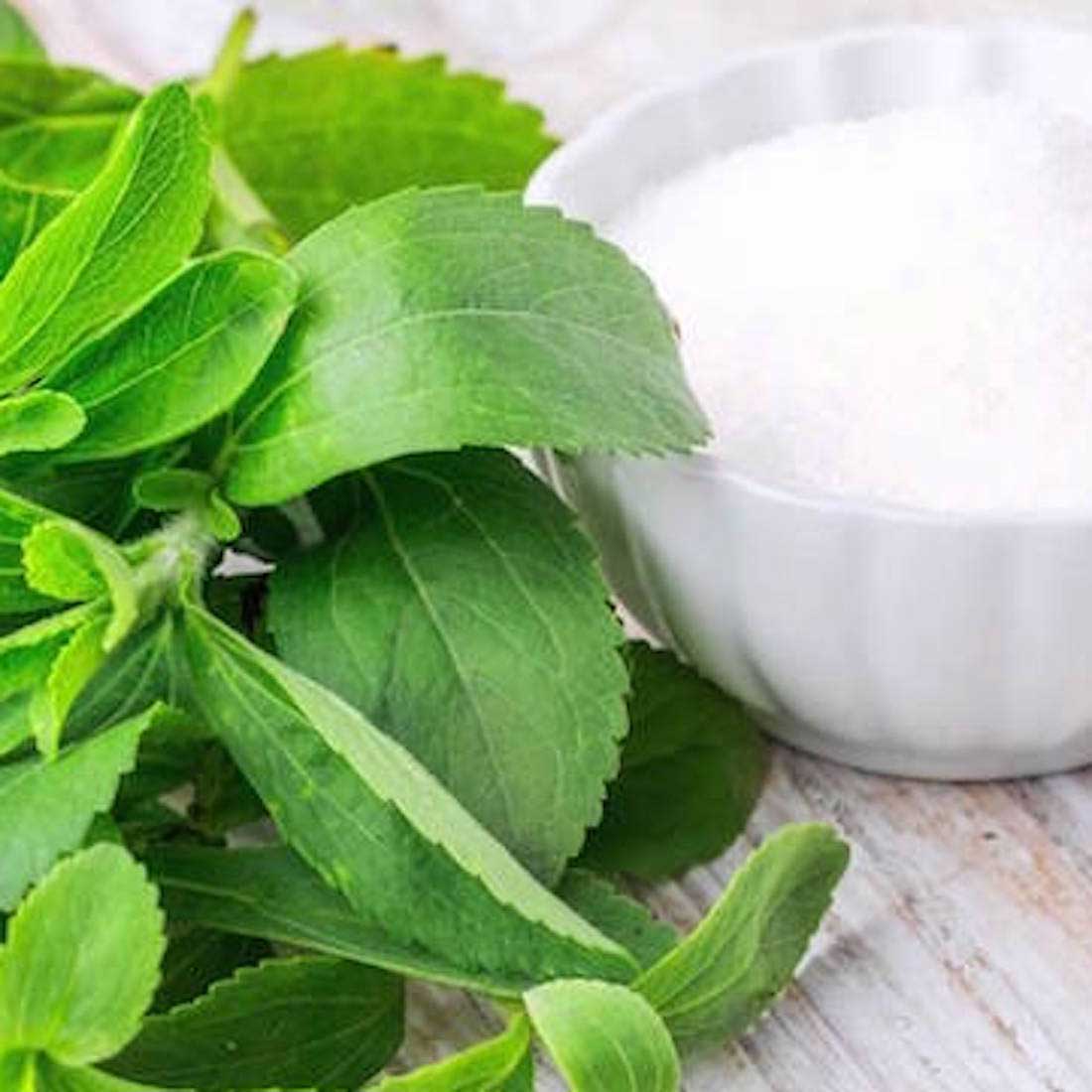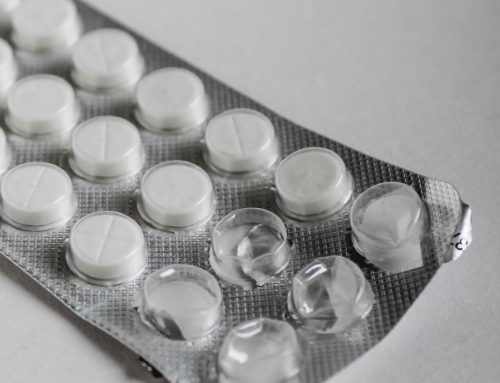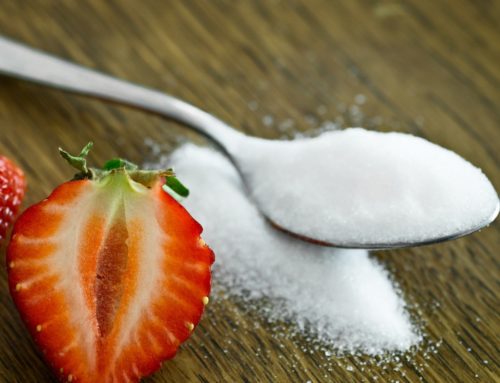You might have seen ‘stevia-based sweetners’ on the grocery shelves. Food companies claim they’re derived from stevia, a traditional South American plant. Pure Via vs Truvia vs stevia: what are they, and are they good for you?
Truvia and Pure Via are supposed to be the new healthy sweeteners that act like sugar but without the calories. The health claims don’t quite check out. I’d stick to stevia or maple syrup or organic honey. If you’re curious about the nuances of food marketing, read on for a fact check of Truvia and Pure Via’s health claims.
What is Stevia Anyway?
South Americans have used the Stevia rebaudiana plant1 for over 1,500 years to sweeten food. Stevia is technically a category of plants, a genus, with over 200 South American herbs and shrubs. Only two of those 200 plants contain steviol glycosides, the natural compounds that make stevia sweet.
Pure Via vs Truvia vs Stevia?
Truvia and Pure Via likely don’t offer the health benefits of the stevia plant.
Studies suggest most of stevia’s health benefits2 come from a specific chemical compound, stevioside. However, that’s not the ingredient you find in most stevia products. Truvia and Pure Via contain rebaudioside A (Reb A). Truvia3 and Pure Via4 don’t mention stevioside on the ingredient labels.
You may have heard stevia-based sweeteners are good for diabetics. The reason companies claim this is because Reb A, the key ingredient in their sweeteners, doesn’t raise your blood glucose level. However, we don’t have long-term studies on the effects of Reb A on the body. Not raising your blood sugar level is good, but we also need to make sure Reb A doesn’t have other negative impacts on your body.
Other stevia-based sweeteners contain Reb D and Reb M5. I’d also stay away from them. They’re two of the nine steviol glycosides6 that haven’t been thoroughly analysed for safety.
Heads up: Truvia and Pure Via are Owned by Coke and Pepsi
Those two companies aren’t in the business of keeping you healthy.
Truvia is owned by Coke and Pure Via is partially owned by Pepsi. Neither brand advertises their links with these companies.
Truvia or Pure Via Don’t Contain Much Stevia
They’re mostly made of sugar alcohol
The bulk of Truvia and Pure Via isn’t stevia. It’s sugar alcohol. Truvia is mostly made up of the sugar alcohol ‘erythritol’. Pure Via is made of mostly dextrose.
Are sugar alcohols7 bad for you? Not necessarily. Erythritol doesn’t raise sugar levels and we don’t have much research on it, but eating small amounts is likely fine. Dextrose is used in IV drips. Because sugar alcohols are so sweet, however, they can change your appetite for sugar. They may make your taste buds expect a constantly high level of sweetness. I suggest avoiding sugar alcohols.
They don’t contain much stevia
Keep in mind the only stevia-related ingredient in both sweeteners is Reb A. That’s just one of the thousands of components in a stevia plant with tens or hundreds of active components. Nutrition is based on interactions – one component on its own may do for one thing for your body. That one component also interacts with the other hundreds of components in the entire plant.
Saying Truvia and Pure Via are stevia-based sweeteners is like saying cyanide (a poison) is a fruit-based chemical because the pits of peaches contain cyanide8. That’s factually true, but it sure would be misleading.
Choose True Stevia
If you’re going to be using stevia as a natural sweetener, your safest bet is to use the real stuff. Stevia is a leaf, and you can actually grow it in your garden and use fresh leaves to sweeten your foods.
But, if you’re buying it in stores, make sure the only ingredient on the label is stevia. You may notice multiple stevia products on the market. The most natural stevia on the market is a green powder made up of just ground stevia leaves. Many other stevia products remove the part of stevia that makes it green because it can have a bitter taste. This bitter taste is usually undetectable though once you mix the powder into foods or drinks.
Chew on this
Stick to normal ingredients.
Reb A, or Reb D, or whichever chemical food manufacturers use, may be perfectly safe. We don’t know for sure either way. There haven’t been that many tests on them.
If you have a dessert or two made with stevia-based sweeteners, you’ll be fine. For stocking your pantry, though, stick to regular stevia (it has only one ingredient), or small amounts of maple syrup and honey if you are not diabetic.
What sweeteners do you use? Share your thoughts with us in the comments!
March 27, 2016 edit: I’ve learned that the company that provides stevia is not owned by PepsiCo and does not add anything to its stevia extracts.





Very interesting and informative
Thank you Debbie!